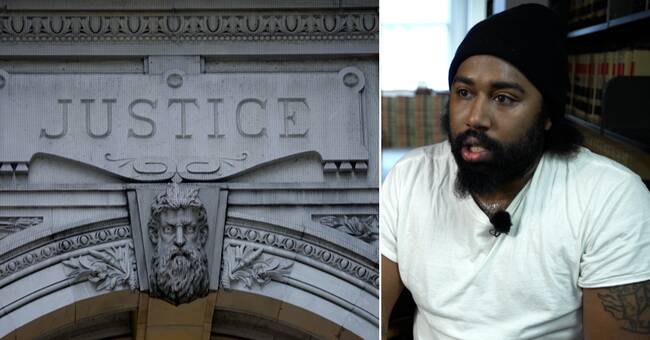Darnell Gates in Philadelphia, USA, had his parole released by a computer program.
In the video, he explains what the consequences have been and how frustrating it is not to be able to influence decisions made about one's future.
- You get no sympathy from a computer, it has no emotions.
We also hear Richard Berk, professor of criminology and statistics at the University of Pennsylvania, who developed the decision algorithm.
He believes that such computerized decision-making tools will become more common in the legal system in the future.
According to Berk, it is fairer to let the computer decide, as in this case, whether a prisoner is ready to be released completely or not.
-People have stereotypes and prejudices.
The algorithm does not have the human disadvantages.
The algorithm is not a problem, but a solution.

